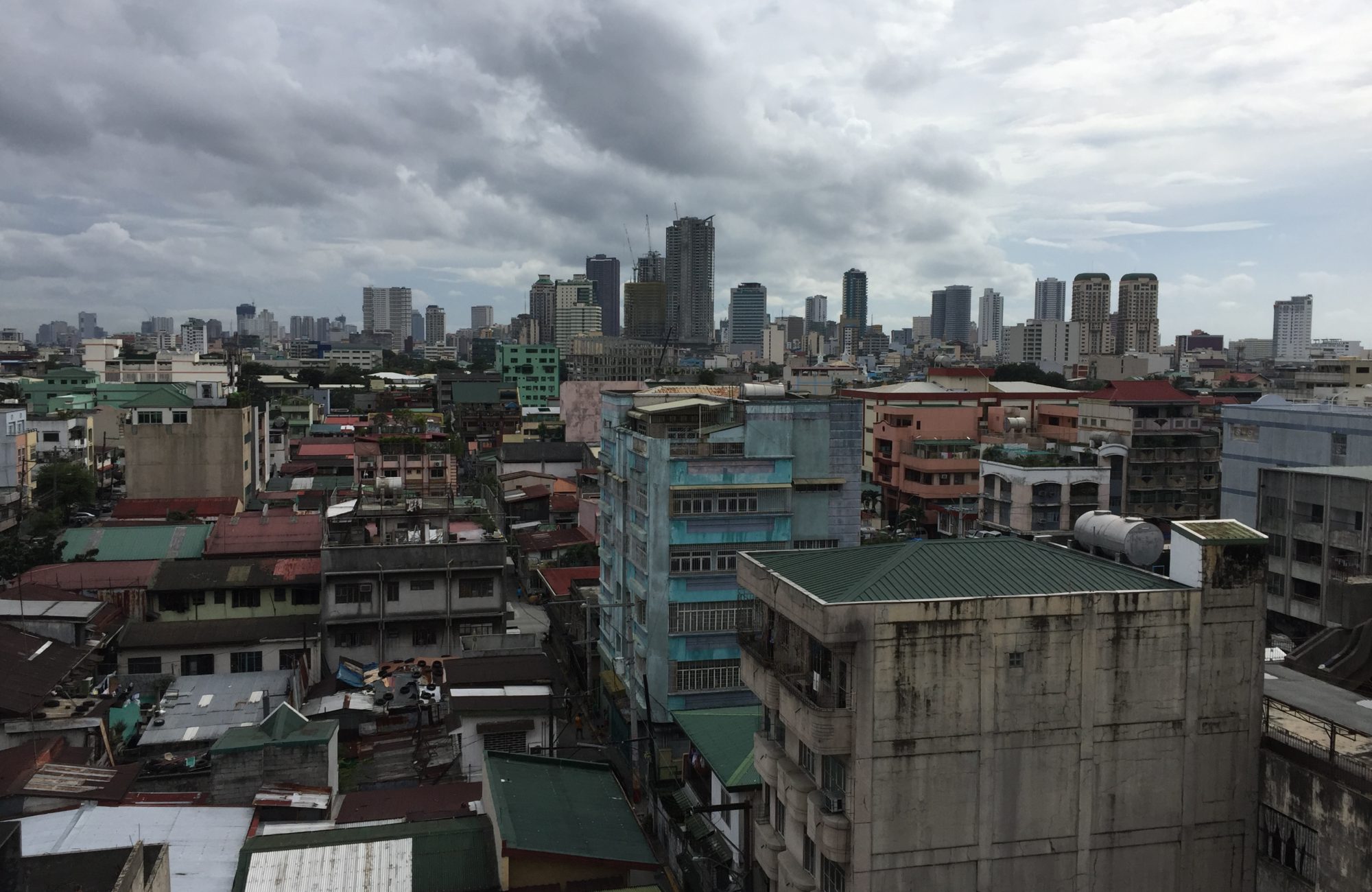We are all aware of the recent murder of a black man in Minnesota, as well as the many other deaths and beatings of civilians at the hands of law enforcement officers that have occurred over the years. Many of these incidents are racially charged and are perpetuated upon men of color, but white men have also been treated this way. Most of the time being a woman allows one to avoid the worst of the violence.
But not always.
A few years ago in New Jersey, a local police officer confronted a man who had broken into a house. The intruder then grabbed a young female college student to serve as a physical shield. Rather than temporarily retreating from the scene and calling for backup and a mediator, the police officer panicked and shot the college student dead before shooting the intruder. Apparently this was the first time that the police officer had drawn his weapon in the line of duty.
After a review by a law enforcement review board, this was determined to have been a justified shooting because the police officer believed that his life was in danger.
At the time that this incident occurred, I had an acquaintance who was attending the police academy. When I asked him if this tragic incident had been discussed at the academy, he told me that it had. The police instructors agreed that it had been a justified shooting, that it was unfortunate that a civilian had died, but that sometimes collateral damage was acceptable in order to protect society.
Who determined that this young woman’s life had to be taken, that her death was simply acceptable collateral damage, and that the local police officer had acted appropriately?
My understanding is that the determination of acceptable police procedures and the review of police actions are typically made by law enforcement professionals who are primarily concerned with ensuring the safety of law enforcement personnel as they act in the line of duty. This is all well and good, but this goal needs to be balanced with the importance of preserving the safety, the dignity, and the right of civilians to enjoy life, liberty, and the pursuit of happiness.
There is clearly an imbalance in the training of law enforcement personnel because the rights of civilians are ignored time and time again whenever law enforcement personnel feel threatened or disrespected. Add in the inherent racist beliefs of some officers and the related devaluation of civilian lives, and the result has been tragedy after tragedy, accompanied by emotional pain and trauma of families and entire communities. This has lead to resentment and distrust by communities of the very people whose responsibility it is to serve and protect them.
The status quo must be changed if things are to improve.
One idea is to require that the training of law enforcement personnel be subject to review and approval by civilian boards appointed by state governors. It is understood that law enforcement organizations generally do not like civilian involvement in their business, but without civilian input and oversight, law enforcement becomes detached from the community at large, and an “us vs. them” mentality can take hold, which is exactly what is not needed.
A second idea is to require that any complaint regarding the actions of law enforcement personnel alleging violations of civil rights be subject to review by this same civilian board, with the facts and findings of the board being made a matter of public record.
A third idea is to require that any shooting or beating of a civilian by a law enforcement officer be considered to be a potential violation of the civilian’s civil rights, with each situation subject not only to review by the civilian board, but also automatically referred to the FBI for review as well.
Law enforcement is too critical and too important a part of our society to be allowed to exist in separation from society. At the same time that we acknowledge the physical and emotional stresses, as well as the actual physical dangers that law enforcement personnel experience during the course of their careers, we must also insist on the right of civilians to be involved in establishing what are acceptable police procedures.
Community policing and community involvement by the police should be the rule and not the exception. The positive actions of our law enforcement officers must always be acknowledged and encouraged. The removal of law enforcement officers that disgrace the profession through criminality, racism, and cruelty must become standard practice.
Clearly, changes have to be made so that civilians, particularly in our minority communities, can trust the police to treat them fairly. Making law enforcement more transparent and accountable is critical to the changes that have to be made.

